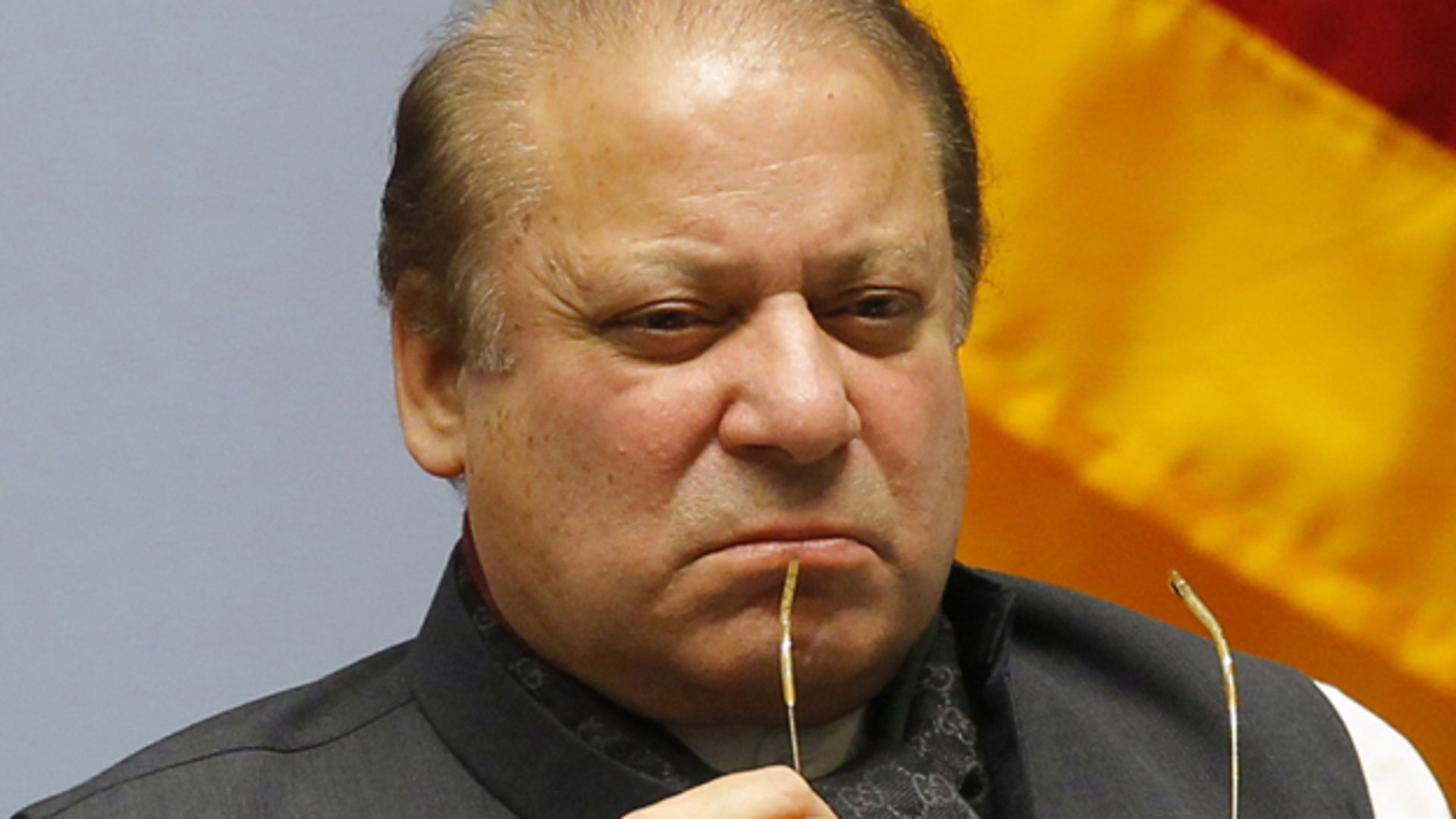
The Islamabad High Court (IHC) has raised questions about the current status of bail granted to former prime minister Nawaz Sharif in Al-Azizia corruption case, observing that the PML-N supreme leader is apparently an absconder now.
An IHC bench in October 2019 granted four-week interim bail to Nawaz Sharif in view of a debilitating health condition involving continuous drop in blood platelet count. The PML-N supreme leader later flew to London in November 2019 to get medical treatment. He has not returned to the country since.
In the meanwhile, an accountability court decided to start the process to declare Nawaz Sharif a proclaimed offender in a gift depository case due to his continuous failure to attend court proceeding– a decision challenged by Nawaz in the IHC on Saturday.
On Monday a special bench – comprising IHC Chief Justice Athar Minallah and Justice Aamer Farooq – took up the petition that argued that PML-N chief is not an absconder and that he has gone abroad on bail to seek medical treatment and should be permitted to face trial through his representative
After hearing arguments of both the parties – Nawaz and the National Accountability Bureau (NAB), which is the prosecutor in Al-Azizia case – the bench issued an order-sheet which said the petitioner could not satisfy the court regarding maintainability of the petition
The order-sheet noted that neither the court ordered to remove the name of convicted former prime minister from the official no-fly list – the Exit Control List (ECL) – nor it allowed the PML-N leader to get medical treatment outside the country.
“The sentence was suspended for a specified period based on the report of a medical board constituted by the government of Punjab. The latter could have extended the suspension of sentence if satisfied that the medical condition of the petitioner warranted so,” it noted.
The bench said neither the federal government nor NAB informed the court about the fate of the suspended sentence nor that the name of the petitioner was being removed from the ECL. The petitioner also did not inform the court nor had sought permission before proceeding abroad.
It said in case the suspended sentence was not extended by the government of Punjab, then the petitioner was required to surrender to the court or to challenge the executive order before a competent court vested with territorial jurisdiction.
“The jurisdiction of this court vested under Article 199 of the Constitution of the Islamic Republic of Pakistan, 1973 is extra ordinary and equitable, therefore, in order to claim relief the petitioner has to satisfy us that he has invoked the constitutional jurisdiction with clean hands.
The bench, however, accepted counsels’ request to adjourn hearing till August 20 so that they may seek instructions regarding status of suspension of sentence and argue the maintainability of the petition
During the hearing, Justice Minallah noted that two appeals of Nawaz Sharif are pending in the court.
“What is the status of the eight-week bail granted? Has it expired? As far as the decision of this court is concerned, it appears that the accused is an absconder,” Justice Minallah observed.
He asked what the status of the accused is if the bail has lapsed. “The counsel should tell the court whether the decision to suspend Nawaz's punishment still stands or not.”
Nawaz’s counsel, Barrister Jahangir Jadoon, told the court that the "bail still holds good".
“An application was given to the Punjab government to extend the bail, but I do not have a copy of the order with me,” Jadoon replied.
In March, Punjab government had rejected Nawaz’s request for continued suspension of his sentence and asked the PML-N's supreme leader to surrender to authorities.
Justice Farooq said the court had told the Punjab government to look into the matter of extension of bail. He further observed that the bail granted to the accused by this court has become ineffective.

1732437695-0/drake-and-charles-(1)1732437695-0-165x106.webp)


1732434981-0/BeFunky-collage-(10)1732434981-0-165x106.webp)
1732438009-0/BeFunk_§_]__-(48)1732438009-0.jpg)



1732433856-0/Untitled-design-(6)1732433856-0-270x192.webp)
1732429143-0/BeFunk_§_]__-(44)1732429143-0.jpg)






COMMENTS
Comments are moderated and generally will be posted if they are on-topic and not abusive.
For more information, please see our Comments FAQ